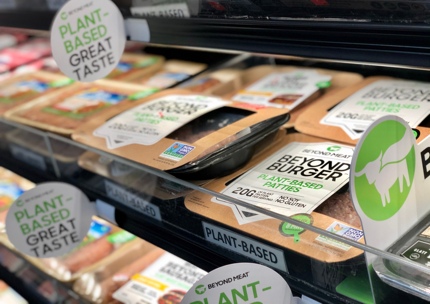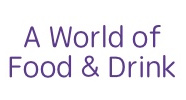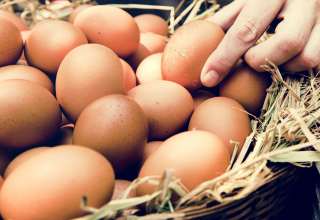A vegan diet can be healthy and eco-friendly, and you can be its ally
All over the world, the vegan diet has been rising in popularity. Every year more and more people are trying this plant-based diet as various data have revealed. In the US, it is estimated that about 6% of its people are vegans, while in the UK, more than a third of the population is interested in making a vegan diet shift in the near future.
There are many reasons to give veganism a go – some do it for their health, while others want to actively address the issues of animal welfare and reduce their environmental impact. Of course, veganism is also more accessible now than ever before, with restaurants and supermarkets taking note and launching an ever-increasing range of products catering to this rapidly growing community. Even McDonald’s, known globally for serving cheap, high-calorie fast food, has launched McPlant, a vegan-certified burger made with plant-based patty. Suffice to say, veganism is no longer a fad but a choice made consciously by millions of individuals worldwide.
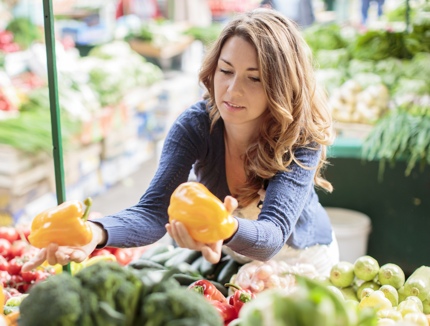
What does it mean to be vegan?
A vegan’s diet avoids all animal-related products. Meat, eggs and dairy are the obvious foods to shun, while other animal-derived products such as cheese, honey and gelatine (a substance derived from boiling animal bones with water) may also be given a miss.
Some vegans also choose to avoid wearing leather, silk and wool, along with buying products that are tested on animals.
Veganuary
Every January, many of us start the new year with a renewed interest to lead a healthier lifestyle. This is the time when slimming ads and fitness clubs promote themselves heavily to the masses. Coincidentally, this is also the period when Veganuary, a UK-registered charity that promotes veganism, challenges you and me to eat a vegan diet for the whole month.
Facing up to a meat and dairy-free diet can be intimidating for some, but for those ready to embrace the change, the internet is overflowing with tips and recipes that can help you navigate through Veganuary with ease.
Easy wins
One of the easiest ways to start a vegan diet is with a few simple swaps – swapping cow milk for plant-based milk, replacing hummus with mayonnaise, and using fibre-rich lentils instead of meat in meals. When you’re ready to include more vegan options to your repertoire, you can try to experiment with tofu, tempeh and jackfruit – the latter has gained a global following after versions of jackfruit pulled ‘pork’ were introduced by celebrity chefs and gourmet magazines.
Opting to shop only in the fresh food aisle in your local supermarket is another clever way to stay meat and dairy-free, not to mention the process can also save you some money. Broccoli, carrots, mushrooms and their tasty vegetable cousins usually cost (a lot) less than chicken, pork or beef. And if you’re worried about not getting enough nutrients from fresh vegetables, consider adding beans or even sprinkle your salad with nutritional yeast, which are golden flakes of goodness containing similar proteins found in most meat and dairy products.
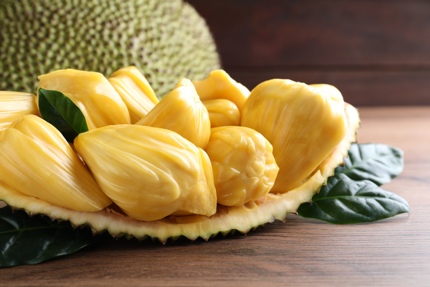
Health benefits
The world’s largest medical library, the National Library of Medicine, has over a thousand studies about the vegan diet, anything from its anti-inflammatory effects to whether the diet is detrimental to endurance and muscle strength in healthy young women – it isn’t, in case you’re wondering.
While the pros and cons of veganism are still being studied and arguments from all sides continue, the general consensus from medical professionals is that eating a vegan diet may lower the risks of heart disease, but it may induce a higher risk of stroke, possibly due to a lack of B12.
To address this B12 deficiency, vegansociety.com has published an excellent article covering many aspects. The best B12 vegan sources, according to them, are B12-fortified foods (such as soy products) and B12 supplements.
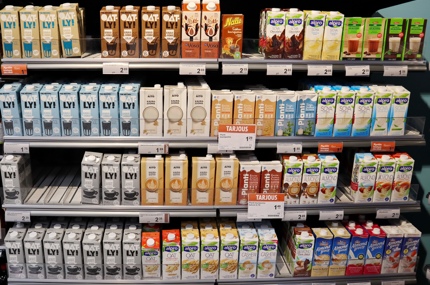
Saving the planet
There is no denying that what we eat has a direct and unsustainable impact on our planet. Humans have turned large swaths of primaeval lands into intensive farms, growing crops to feed ourselves and animals which we will later slaughter and eat. According to Our World in Data, a not-for-profit organisation that aims to make research and data accessible for all, half of the world’s habitable land, or 51 million square kilometres, is now used for agriculture. Out of this inconceivably large number, just 23% of the land is used to grow crops for human consumption, leaving 77% for livestock farming (counting both pastures used for grazing and land used to produce crops for animal feed).
This unprecedented expansion of agriculture also has an impact on another precious resource – water. In a study by Beckett and Oltjen at the University of California Davis, they found that a pound of beef requires anywhere between 2,000 and 8,000 gallons of water to produce. In contrast, one pound of tofu only requires 302 gallons of water.
When you combine accelerated livestock farming, water wastage, and billions of metric tonnes of carbon dioxide emitted by global food production and link them to a piece of meat you have on your plate today, suddenly this multidimensional issue turns personal. It is at this point that many people realise that they can make a difference by switching to a plant-based diet and leading a more ethical lifestyle.
Veganism is an informed choice – and vegans around the world realise that if more people make the same effort, then the cumulative effort of our actions will help to halt deforestation, limit biodiversity loss, cut carbon emissions, and above all, improve our own health.
Perhaps you’d also like to try out a vegan diet today?
